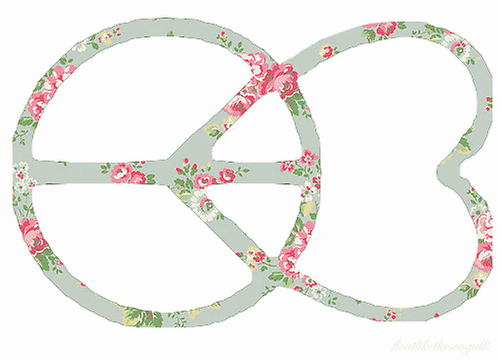

For chronic mental health symptoms that persist, psychotherapy provides many individuals who experience chronic mental health conditions with a medium for relief and professional advice that makes a living with mental illness and related disorders easier to handle. The reason for this is that many chronic mental health symptoms issues respond well to psychotherapy strategies like behavior modification techniques and cognitive-behavioral therapy. Psychotherapy is a common denominator in the treatment of many chronic mental health concerns. In some cases, a combination of treatment options may be explored by you and the help of a medical professional. The results of psychological testing will indicate to your medical provider if your anxiety-related symptoms are directly related to anxiety or panic disorder.Ī common treatment option is a psychotherapy or professional counseling. When you seek treatment for anxiety, you can expect a medical doctor to perform a series of medical tests and psychological assessments to rule out other disorders and potential underlying medical issues. Practicing mindfulness is simply a self-directed action taken to ease the negative symptoms of everyday life.īefore we look at practicing mindfulness using the tattoo symbol of a drop of water, let’s look at some traditional anxiety treatments commonly practiced in the United States today. There isn’t anything religious about mindfulness. Looking at the symbol for mindfulness reminds us to go with the flow of life - even during the worst of circumstances. Practicing mindfulness and using mindfulness symbols can help eliminate the negative symptoms of anxiety. People with anxiety commonly experience chronic mental health issues like post-traumatic stress disorder and depression, which can worsen anxiety symptoms. It may surprise you to learn that anxiety is often a side-effect of other mental health issues. If you’ve ever heard of a person with a “Type A” personality, then you probably have a good idea of what that means.

Some people are more prone to anxiety as a personality trait. For example, if you have stress in dealing with intimate or family relationships and you aren’t sure what will happen next, it’s possible to feel anxious, overwhelmed, and upset until the issues are resolved. A likely trigger for excessive anxiety is having an excess amount of stress in your life. There are several known causes and triggers for anxiety. According to psychology experts from the Anxiety and Depression Association of America, at least 40 million Americans struggle to manage ongoing bouts of anxiety in the United States this year. This state remains constant even if there is peace in their outside surroundings. People with anxiety often feel like they are living in a constant state of fear or panic.


 0 kommentar(er)
0 kommentar(er)
